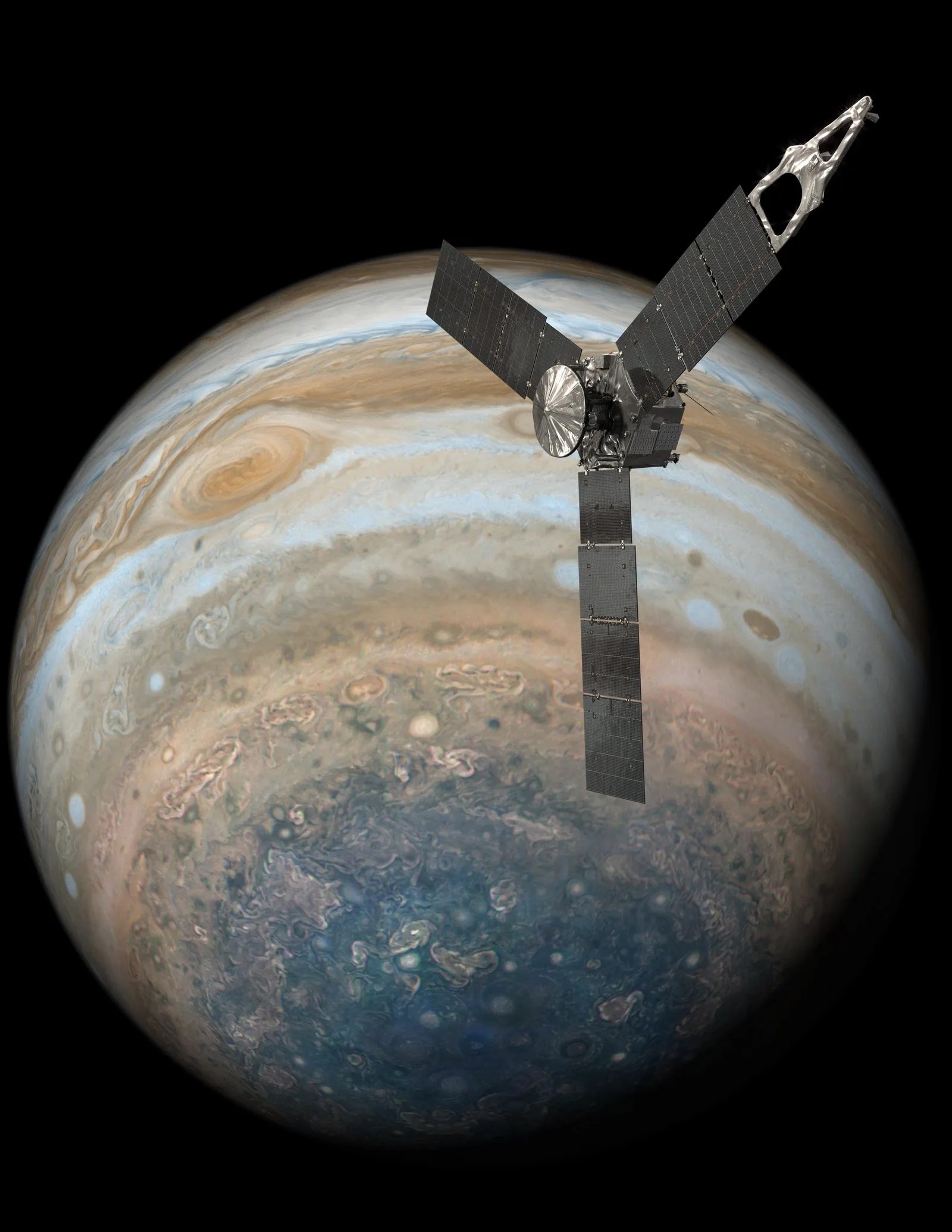Planetary Science Analysis Groups
In addition to the Planetary Advisory Committee (PAC), NASA's Planetary Science Division (PSD) receives feedback through analysis/assessment groups (AGs). The AGs are community-organized groups, not authorized by the Federal Advisory Committee Act (FACA), that provide feedback to PSD, but not formal recommendations.
Extraterrestrial Materials Analysis Group (ExMAG)
The Extraterrestrial Materials Analysis Group (ExMAG) is a community-based, interdisciplinary group providing a forum for discussion and analysis of matters concerning the collection, curation, and analysis of extraterrestrial samples, including planning future sample return missions. ExMAG also supports human exploration objectives and their implications for architecture planning and activity prioritization for future exploration of planetary surfaces insofar as they plan on collecting samples for return and analysis. ExMAG subcommittees include the Asteroid Subcommittee, Exploration Hardware Subcommittee, Genesis Subcommittee, Facilities & Informatics Subcommittee, Lunar Subcommittee, Mars Subcommittee, Meteorite Subcommittee, and Microparticle Subcommittee.
Lunar Exploration Analysis Group (LEAG)
LEAG is responsible for analyzing scientific, technical, commercial, and operational issues associated with lunar exploration in response to requests by NASA. The LEAG serves as a community-based, interdisciplinary forum for future exploration and provides analysis in support of lunar exploration objectives and their implications for lunar architecture planning and activity prioritization. It provides findings and analysis to NASA through the NASA Advisory Council within which the LEAG Chair is a member of the Planetary Science Subcommittee (PSS).
Mapping and Planetary Spatial Infrastructure Team (MAPSIT)
The acquisition, organization and analysis of planetary spatial data, including images, cartography and geologic mapping is critical for linking science investigation and exploration planning for all solid bodies in the Solar System. The Mapping and Planetary Spatial Infrastructure Team (MAPSIT) is a community-based, interdisciplinary forum for the discussion, analysis, and representation of matters concerning the creation and development of planetary geographic information and cartographic products, a program of sustained planetary geologic mapping, and the tools necessary for these capabilities, particularly as they pertain to the future direction of the Cartography Program executed by the United States Geological Survey. The MAPSIT mission is to advance American objectives in space achievement by ensuring that planetary data is usable for any conceivable purpose, now or in the future, by the scientific and engineering communities.
Mars Exploration Analysis Group (MEPAG)
MEPAG is NASA's community-based forum designed to provide science input for planning and prioritizing Mars future exploration activities for the next several decades. It is chartered by NASA's Lead Scientist for the Mars Exploration Program at NASA HQ, and reports its findings at FACA-sanctioned meetings of the Planetary Science Subcommittee (PSS) of the NASA Advisory Council (NAC). Open to all interested members of the Mars exploration community, MEPAG conducts analyses of planning questions that are presented to it. MEPAG regularly evaluates Mars exploration goals, objectives, investigations and priorities on the basis of the widest possible community outreach.
Mercury Exploration Assessment Group (MExAG)
The Mercury Exploration Assessment Group (MExAG) is a community-based, interdisciplinary body that was established by NASA in 2020 to provide science input and analysis needed to plan and prioritize Mercury research and exploration activities. MExAG is headed by a Steering Committee with 11 members. Membership of MExAG, and participation in its activities, is open to all members of the planetary science and exploration community who are interested in the exploration of Mercury.
Outer Planets Assessment Group (OPAG)
OPAG is a community-based forum that was established by NASA in late 2004 to provide science input for planning and prioritizing outer planet exploration activities for the next several decades. It is chartered by NASA's Solar System Exploration Division and reports its findings at meetings of the Solar System Exploration Sub-Committee of the NASA Space Science Advisory Committee. Open to all interested scientists, OPAG regularly evaluates outer solar system exploration goals, objectives, investigations and required measurements on the basis of the widest possible community outreach. The group consists of a 15-person steering committee, which actively solicits input from the scientific community and reports its findings to NASA Headquarters. OPAG provides input to NASA but does not make recommendations. OPAG Charter
Small Bodies Assessment Group (SBAG)
SBAG was established by NASA in March 2008 as a community-based forum to identify scientific priorities and opportunities for the exploration of asteroids, comets, interplanetary dust, small satellites, and Trans-Neptunian Objects throughout the Solar System for the next several decades. SBAG also provides scientific input on the utility of asteroids and comets in support of human space activities. The group consists of several focus groups of open membership and an eight person steering committee. Input from the scientific community is actively sought. SBAG provides findings to NASA Headquarters, but does not make recommendations.
Venus Exploration Analysis Group (VEXAG)
VEXAG was established by NASA in July 2005 to identify scientific priorities and strategy for exploration of Venus. VEXAG is currently composed of a chair and five focus groups. The focus groups will actively solicit input from the scientific community. VEXAG will report its findings and provide input to NASA, but will not make recommendations.




